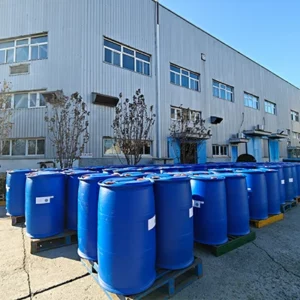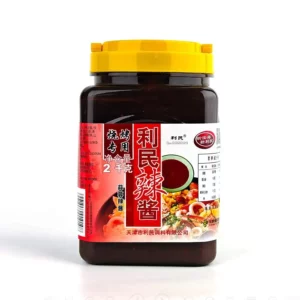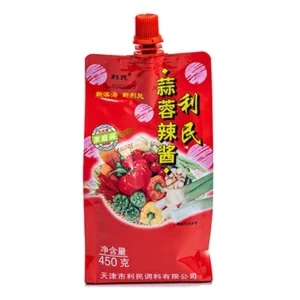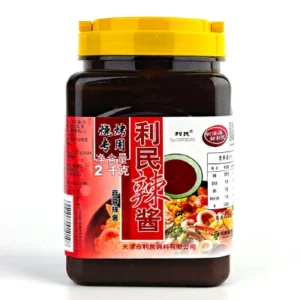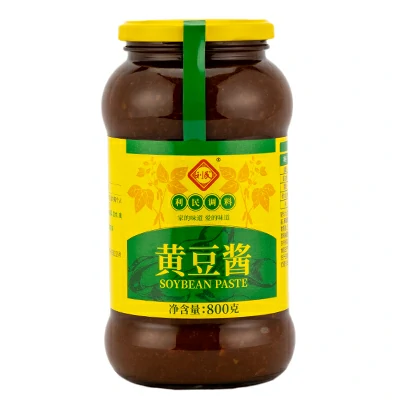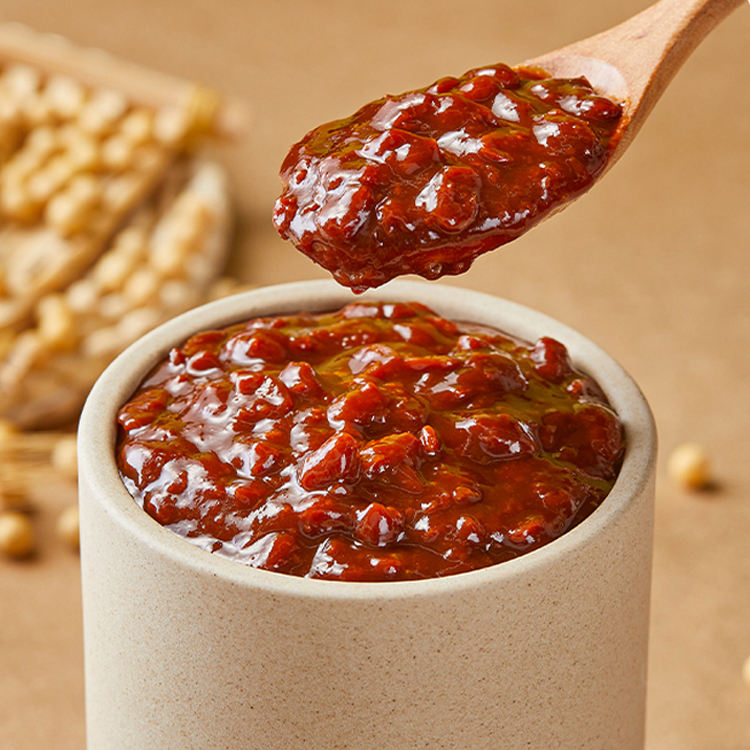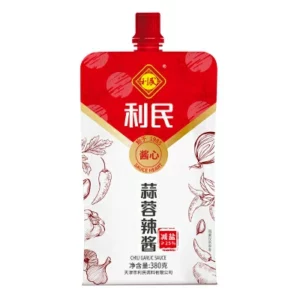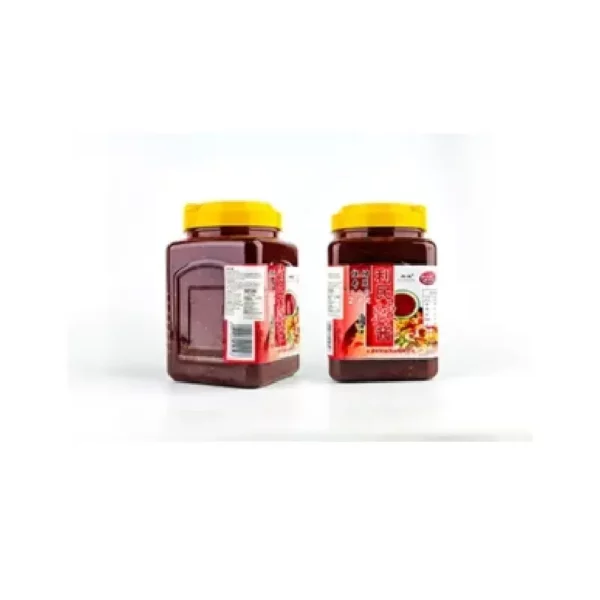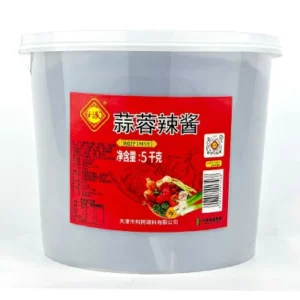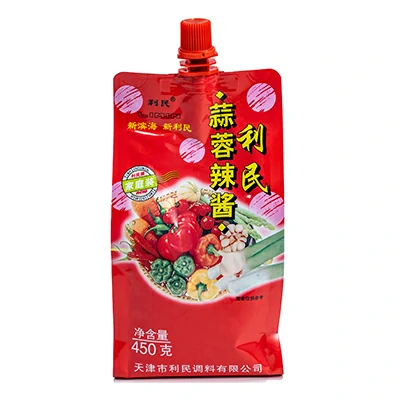我是柳树, 一种多功能可口的调味品, 几个世纪以来一直是亚洲美食的主食. 它是通过发酵大豆和小麦生产的, 从而产生了丰富的, 咸, 和鲜味的酱汁,可以增强各种菜肴的味道. 然而, 关于食用酱油对健康的影响存在一些争论. 在这份综合指南中, 我们深入研究酱油的世界, 探索其营养价值, 潜在的健康益处和风险, 以及将其纳入饮食时要考虑的因素. 作为著名的谴责制造商和供应商, Limin为交付而感到自豪 新鲜酱油 以及各种高品质调味料,以增强您的烹饪创作.
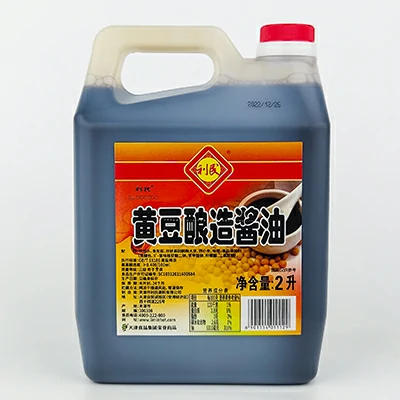
探索优质老抽
我们的 优质黑酱油 采用传统方法和精心挑选的原料精制而成. 它老化了很长一段时间, 导致深, 浓郁的味道和深色, 有光泽的外观. 我们的黑酱油为您的菜肴增添一丝精致和鲜味, 使其成为腌料的理想选择, 炒菜和蘸酱.
酱油是好是坏?
这个问题的答案并不简单, 因为酱油对健康的影响可能会因个人情况和消费模式而异. 让我们来看看与酱油消费相关的潜在好处和风险:
潜在的健康益处:
- 必需营养素的来源: 酱油含有多种人体必需的营养成分, 包括蛋白质, 铁, 镁, 和钾.
- 抗氧化特性: 酱油含有抗氧化剂,有助于保护细胞免受损害并降低患慢性疾病的风险.
- 降低患心脏病的风险: 一些研究表明,适量食用酱油可能会降低患心脏病的风险,因为它具有降低胆固醇和血压的潜力.
- 改善消化: 酱油含有益生菌, 这些有益细菌可以帮助消化并促进肠道健康.
潜在的健康风险:
- 高钠含量: 酱油以其高钠含量而闻名, 对于对盐敏感的人来说,这可能会导致高血压和其他健康问题.
- 过敏反应: 有些人可能对大豆或小麦过敏, 酱油的主要成分是什么.
- 与药物的相互作用: 酱油可能与某些药物相互作用, 例如血液稀释剂和抗凝剂.
需要考虑的因素:
- 适度是关键: 与任何食物一样, 适量食用酱油很重要. 过度消费会对健康产生负面影响.
- 选择低钠选项: 选择低钠或低钠酱油以尽量减少钠的摄入量.
- 注意过敏: 如果您对大豆或小麦过敏, 避免使用酱油或选择无麸质酱油替代品.
- 咨询医疗保健专业人士: 如果您对酱油的食用有任何疑问, consult with a healthcare professional for personalized advice.



